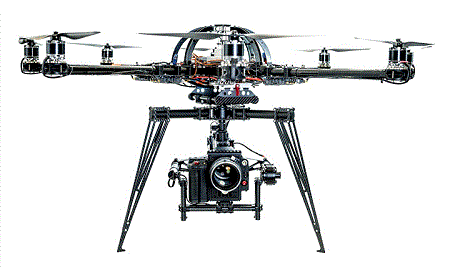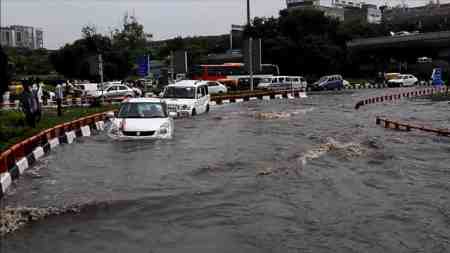The “e-mobility R&D Roadmap for India” report was launched today by Professor Ajay Kumar Sood, Principal Scientific Adviser to the Government of India.
This R&D roadmap was created after an extensive analysis of the global automotive sector to pinpoint future technological needs. It outlines research projects in four key areas: Energy Storage Cells, EV Aggregates, Materials and Recycling, and Charging and Refueling, providing pathways for India to achieve global leadership and become self-reliant (Atmanirbhar) within the next five years.
Prof. Sood emphasized India’s goal to reduce emission intensity by 45% by 2030 and achieve energy independence by 2047, aiming for net-zero emissions by 2070. He stressed the importance of increasing electric vehicle adoption, manufacturing indigenous energy storage systems, and generating renewable energy for charging infrastructures. Currently, the e-mobility value chain heavily relies on imports, and Prof. Sood called for reducing this dependency by strengthening domestic R&D capabilities in the automotive sector.
Dr. Preeti Banzal, Adviser, Office of PSA, presented an overview of efforts to build a strong R&D ecosystem in the automotive sector. She mentioned that in August 2022, the Office of PSA established a ‘Consultative Group on eMobility (CGeM)’—a panel of experts from government, academia, and industry—to develop technical roadmaps and studies for accelerating the transition from fossil fuel-based transportation to electric mobility in India. The roadmap was prepared by ARAI under the guidance of CGeM.
Prof. Karthick Athmanathan, PSA Fellow and Professor of Practice at IIT Madras, summarized the e-mobility R&D roadmap. He discussed how the DST White Paper addresses actions needed to reduce import dependency and avoid future similar situations as new technologies develop. Prof. Athmanathan noted that research projects were selected based on their potential to achieve national energy independence, feasibility within timelines, market dominance, and ability to leverage existing resources.
Following the presentations, the Chair opened the session for questions from the press and media. It was highlighted that the e-mobility R&D roadmap aims for future independence and self-sufficiency, outlining critical research initiatives to position India as a leader in global value and supply chains within the next five to seven years. The roadmap aims to address gaps in the current R&D framework, with some projects already showing international success while others are still emerging.
In his concluding remarks, Prof. Sood highlighted the significant contribution of the automotive sector to India’s GDP and its potential for continued growth. He stressed the importance of aligning this progress with India’s Net-Zero vision and fostering a culture of R&D and innovation-driven growth in the automotive sector.
PIB







